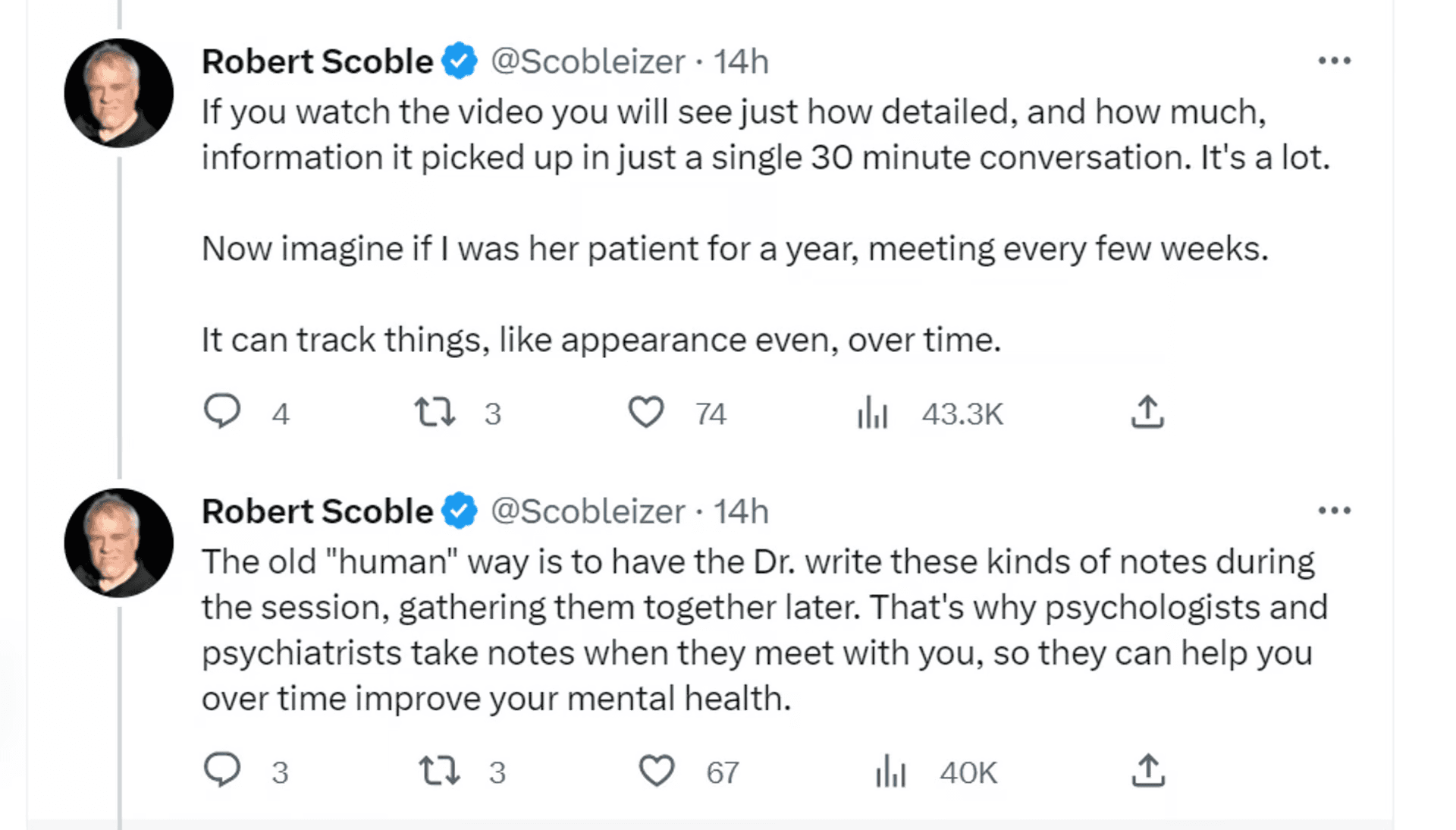
engineering
The chimes of the new era are ringing, and they sound like binary codes being processed at lightning speed. Welcome to the AI-first era. This is a time where artificial intelligence (AI) is no longer the supporting character; it has taken the lead role.
It's an era where the initial question isn't, "How can we digitize this process?" but "How can we make this process intelligent?"
The AI-first era is characterized by an intrinsic integration of AI into our everyday lives, marking a significant leap from the digital era, where information technology was the key driver.
Over the decades, AI has gone through various stages of evolution, marked by periods of intense progress and "AI winters'' characterized by reduced interest and funding. Now it’s different.
As we move further into the AI-first era, the economic implications are becoming increasingly apparent. A study by PwC suggests that AI could contribute up to $15.7 trillion to the global economy by 2030. This is because AI is not just another industry; it's a powerful catalyst that is reshaping existing industries and birthing new ones.
AI’s impact on the job market is undeniable. While there are legitimate concerns about job displacement due to automation, it's crucial to note that AI is also creating new roles that didn't exist a few years ago. AI ethicists are now in high demand.
Moreover, AI is driving productivity gains. Automated processes are now more efficient, accurate, and scalable. Intelligent systems are aiding decision-making, reducing human error, and enabling businesses to make data-driven strategies that improve their bottom line.
But the AI-first era is not just about economic transformation; it's also about societal shifts. AI is changing the way we socialize, work, learn, and live.
Generative AI models, like GPT-4 by OpenAI, are being trained to generate human-like text. This has implications beyond just writing essays or articles. These models can be, and are being, trained to write code based on a set of requirements. This doesn’t mean that AI will replace human coders, but it does suggest a future where coding becomes more accessible and the role of the coder evolves. Coders may spend less time on routine tasks and more on creative problem solving, strategy, and complex decision-making.
Despite these exciting developments, the pervasiveness of AI also brings its own set of challenges. Privacy concerns are becoming increasingly prominent as AI systems become more integrated into our daily lives.
Here’s an example where a therapist uses ChatGPT to generate notes after a session.

Read the thread here: https://twitter.com/Scobleizer/status/1657808535470903297 (It is scary)
There's also the growing need for ethical guidelines around AI decision-making, especially as AI systems are given more autonomy. As AI becomes more entwined with our lives, these issues will continue to take center stage.
In the AI-first era, AI's transformative power is being felt across a wide range of industries. In healthcare, AI systems are aiding in the early detection of diseases, personalizing treatments, and even accelerating the drug discovery process. In finance, AI-driven algorithms are reshaping trading, risk management, and fraud detection. In transportation, the advent of autonomous vehicles could revolutionize how we commute, deliver goods, and even plan cities.
The entertainment industry is also feeling the AI effect, from personalized streaming recommendations to AI-generated music and artwork. These are just a few examples; virtually every industry is finding ways to leverage AI in order to drive innovation, efficiency, and growth.
The rapid advancement and integration of AI into society necessitates an active role from governments and regulatory bodies. They need to formulate policies that encourage innovation while ensuring that AI is used ethically and responsibly. This means developing regulations to protect privacy, prevent discrimination, and mitigate the risk of job displacement due to AI automation.
Many tech leaders including Elon Musk have called for some regulations.
““Make sure it's operating in the public interest. It's quite dangerous technology. I fear I may have done some things to accelerate it," Musk said. Here’s more on why he thinks so.
The future of the AI-first era is replete with exciting possibilities. As AI becomes even more sophisticated, we can expect it to take on more complex tasks, collaborate more effectively with humans, and become even more integrated into our daily lives.
A key component of this future is the increasing prominence of MLOps (Machine Learning Operations), and more specifically, LLMOps. It focuses on the management and automation of machine learning models that continuously learn and adapt over time, which is crucial as AI systems are expected to handle ever-changing data and environments.
As we journey deeper into the AI-first era, it's imperative for everyone – business leaders, policy makers, and citizens – to proactively engage with AI. This might mean upskilling to understand and work with AI, advocating for ethical AI use, integrating AI into business strategies, or even simply staying informed about the latest developments in AI.
That’s what we’re doing at Cyces. If you’re interested in working with us to know how to implement LLMOps in your organization, fill this form out!
Read more:
Digital-first strategy is more relevant now than ever
Beyond Personalising Education: AI in Learning Management Systems
leveraging tech for
business growth
Cyces.